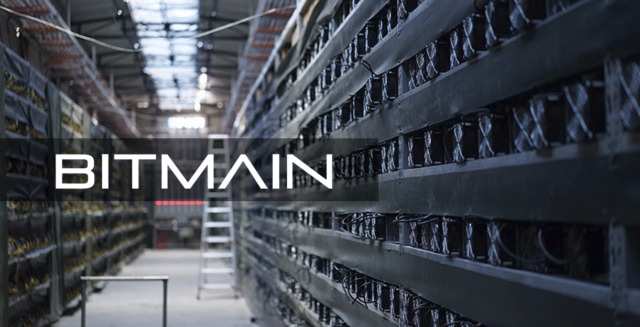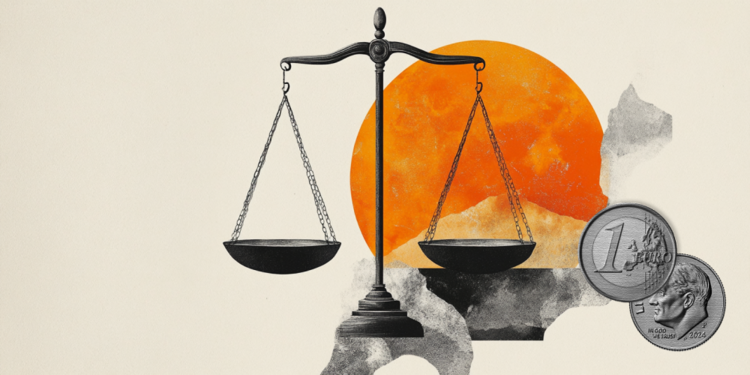Global markets operate on Friday morning (1st) with markets eyeing the impacts of the oil war and employment data in the United States.
Starting abroad, American futures opened the day on a high in terms of payroll expectations. The employment report was released at 9:30 am, and showed that 431,000 jobs were created in March, compared to an expectation of 490,000. And the unemployment rate dropped to 3.6%, below market expectations of 3.7%. Salaries rose 5.6% compared to March 2021.
According to Nicolas Borsai, chief economist at Nova Futura, the data show that the US economy is strong and that rising wages could put pressure on inflation. Therefore, the data could raise expectations of a rise in US interest rates and negatively affect stocks.
The White House confirmed yesterday that it will release 1 million barrels of oil per day for the next 6 months. In all, 180 million barrels will be released from the reserve of 568 million, the largest reduction in the country’s emergency reserve.
The announcement caused oil to retreat 6% yesterday and close below $105. Today, investors monitor a meeting of the International Energy Agency (IEA) to discuss a new release of oil reserves in the wake of the United States.
Oil continues to fall today, to US$ 103, with Russia maintaining gas supplies to Europe, despite the fact that today the deadline stipulated by Putin for the purchase of Russian gas in rubles ends.
Investors are also monitoring the peace talks between Russia and Ukraine, which resumed on Friday. The Ukrainian president said there was little optimism about the new attempt at dialogue.
In Europe, the indexes rise following New York. In Asia, stocks closed mixed. Two developers did not disclose their balance sheets, raising new fears about a crisis in the Chinese real estate sector.
Brazil
In Brazil, the Ibovespa closed the month of March with a rise of 6% amid the flow of foreign investments into commodities. Today, the Ibovespa may have some correction with the drop in oil and other raw materials. The prospect of rising US interest rates may also detract from the attractiveness of emerging countries.
In politics, President Jair Bolsonaro decided to keep the IPI (Imposto sobre Produtos Industrializados) at 25% instead of increasing it to 33%. And, to fund the REFIS (payment of tax debts) for small businesses, the government is studying increasing taxation on banks. The repercussion of the news could affect bank shares in today’s trading.
Investors also keep an eye on the mobilization of Central Bank (BC) servers. According to the union that represents BC employees, Sinal Nacional, 60 to 70% of civil servants adhere to the strike. The union said the Pix system will continue to function, but new registrations and system maintenance may be partially affected.
The futures Ibovespa rose 0.77% with 121,500 points. The dollar fell 0.98% at R$4.71 and S&P futures rose 0.61%.
Agenda of the Day
At 8 am, the IPC-S was released, which accelerated to 1.35%, accumulating a high of 9.68% in 12 months.
The IBGE released the industry result at 9 am. The sector grew 0.7% in February, driven by the extractive industry above market expectations, which were 0.3%.
At 15:00 there is industrial PMI and trade balance data.
Overseas, in addition to US employment data, it also has construction data and PMI at 11 am.
This was the last edition of CNN Morning Call, but you continue to follow the opening of the market and the summary of the most important news of the economy every day inside CNN Money, which premieres on Monday (4), at 6:15 am, with a presentation by Priscila Yazbek and Thais Heredia.
Source: CNN Brasil





